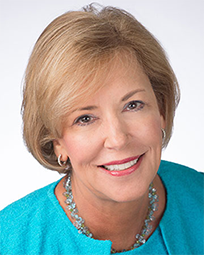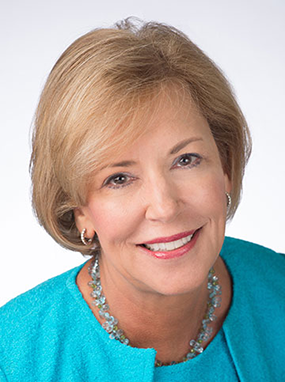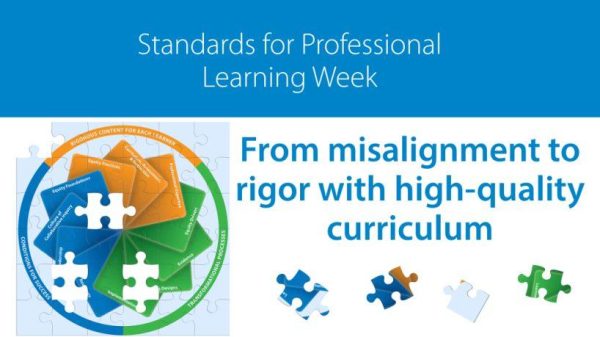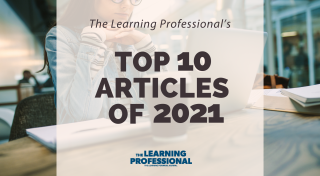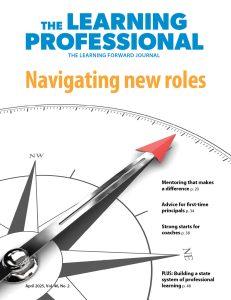A 2015 study by Schmidt and Burroughs found that low-income students are less likely than high-income students to have high-quality content and materials in the classroom. The authors said, “As it stands now, students’ chances to learn challenging content depend on whether they are lucky enough to attend a school that provides it. In effect, a defense of localism in questions about content amounts to a defense of inequality in opportunity to learn.”
The findings of this study contribute to a growing body of research supporting the need to increase access to job-embedded professional learning grounded in the use of high-quality instructional materials. The study informs the work of the What Matters Now (WMN) Network, a cross state network with a shared aim to strengthen teacher practice and improve implementation of high-quality curriculum and instructional materials so that larger percentages of students graduate college and career ready, particularly students of color and those from low-income backgrounds.
Within the Network, the Maryland coalition has a goal that by May 2021, teachers at WMN schools will experience professional learning and receive resources to equip students to meet or exceed the state average on an assessment aligned to the Next Generation Science Standards (NGSS). Maryland is making a conscientious effort to increase access to job-embedded professional learning and high-quality instructional materials. The more the coalition learns, the more they understand the challenges in reaching the goal:
- Lack of time for collaborative professional learning,
- Limited access to high-quality instructional materials and equipment,
- Expectation that teachers individually locate resources and assess the alignment of those resources to the NGSS,
- Limited support for understanding and planning for implementation of NGSS lessons, and
- Variability in coaching and just-in-time support for implementing high-quality instructional materials and NGSS.
These are problems many school systems face. Certainly many systems that embrace the NGSS will be in this same position, where teachers are charged with implementing entirely new standards with a limited number of high quality materials and expert guidance available to support them to make the shift. No doubt new assessments are right around the corner.
Don’t these challenges seem painfully familiar? As I work with states and districts across the country, it appears that we aren’t applying lessons learned from the challenges we faced in implementing the Common Core. And as we’ve shared above, we know more about the potential of high-quality instructional materials to close achievement gaps.
If our goal is equity –raising the achievement of all students, narrowing the gap between highest and lowest performing students and eliminating the racial predictability and disproportionality of which student groups occupy the highest and lowest achievement categories – then let’s put those hard-earned lessons about implementing standards to work. From where I sit, that means that school system leaders serious about effectively implementing new standards will take these actions:
- Provide substantive support (time, money, expertise) so teachers develop knowledge and skills in collaborative learning structures to teach standards-aligned units.
- Identify and procure, with broad stakeholder input, foundational instructional materials aligned to high standards and new state assessments.
- Expect teachers to share collective responsibility for all the students in a grade level or course.
I am proud to report that these are the kinds of conversations that are taking place in our WMN Network, with Maryland serving as our science standards pioneer. State coalitions with representative teacher, principal, central office, and state department leaders are open and honest about the help they need. Teachers share their vulnerabilities and make direct requests to central office administrators and state education agencies (SEAs). SEAs commonly reluctant to enter conversations about curriculum, schedules, and materials partner with school and central office educators to identify solutions and the best role for the SEA in making it a reality. It’s a win-win approach for everyone and we are proud of the progress that our state coalitions are making.
For more about implementing professional learning grounded with high-quality instructional materials, see our Summer Institutes.


